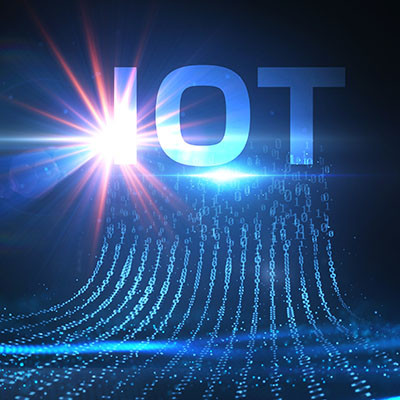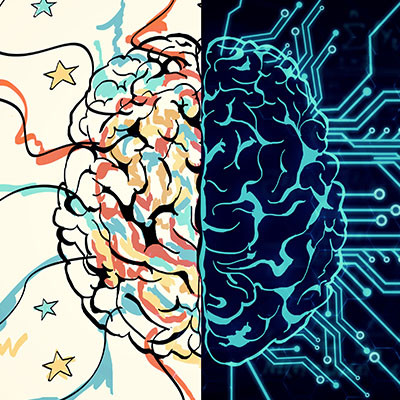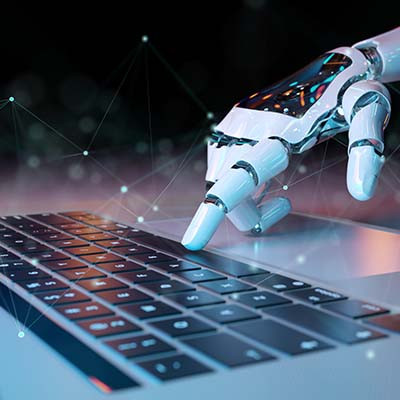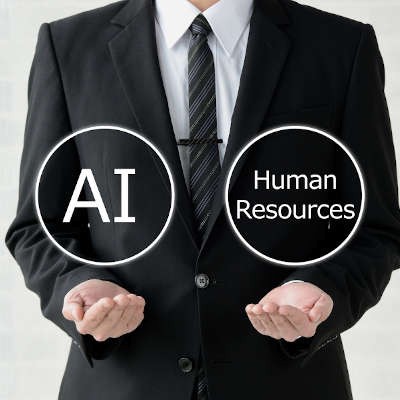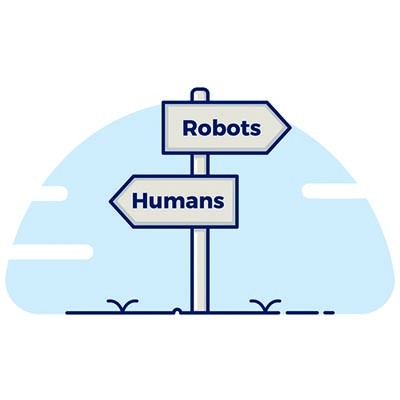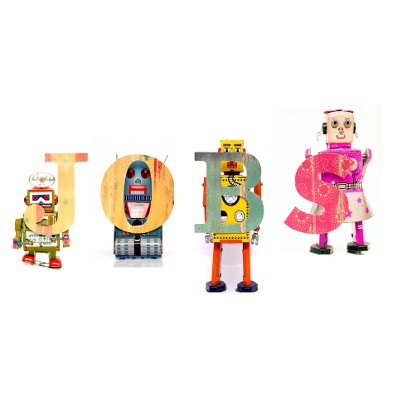In recent years, the Internet of Things (IoT) has emerged as a game-changer across various industries. One way that businesses can utilize these technologies is to understand how their businesses use their utilities as well as automate the control of some of them to cut costs and utilize these resources more efficiently. Let’s look at how businesses are using IoT tools to stabilize utility costs.
Global Tech Solutions Blog
In business, organizations that are able to automate processes have a leg up on organizations that rely on humans to do everything. Not only does it cost a lot less to run a business that has automated processes, it also helps improve organizational focus and efficiency by streamlining processes and removing the moving parts that can sometimes hinder operational progress. That’s not to say that there aren’t some places that a business can greatly benefit from a human touch. Let’s take a look at both sides of the argument.
By now you’ve probably heard the term Internet of Things (IoT). You may not completely understand what it is, but you know it has something to do with all those “smart” devices that you see popping up everywhere. Today, we’d thought we’d get into what types of things are on the IoT and how they can have an impact on your business.
The difference between productivity and innovation is not always clear-cut, but the biggest one is that higher productivity naturally creates innovation… assuming it is supported by the right tools and mindset. How can technology help your business be more creative and innovative in the way it goes about its day-to-day operations?
Automation as a concept is on the rise, and so too is its practice. Even before COVID-19 created considerable problems for several businesses, it was in use, and there is no reason for it to fall out of fashion now. There are plenty of ways your organization can implement automation to improve operations moving forward.
Automation does nothing but help businesses, but can the same be said for the people that work at these businesses? With more systems relying on some semblance of artificial intelligence, smart automation could replace up to a quarter of the current workforce over the next ten years. Today, we will take a look at the importance of profitability and how AI is likely going to usher in a whole new era of human existence.
Most companies have some sort of human resources department. Some are bigger than others. Some are more effective than others. Typically, the HR department deals with a lot of the stuff that no one else likes to. Today, software is being created using artificial intelligence that will be able to complete many of these tasks. Let’s take a look at how automation is affecting the modern human resources department.
Most industries utilize automation to at least some degree. With plenty of benefits that can be taken advantage of, businesses need to remember that they still must be careful about implementing these systems, as failing to do so could cause downtime and negatively impact productivity. Here are some of the major benefits and detriments that your organizations should consider when examining automation.
How much time does your business spend every day on issuing patches and security updates? How about basic maintenance and management practices that leave your network technicians tied up for hours on end? Thanks to automation, these menial tasks that take a considerable amount of time and resources can be simplified and offer a great return on investment.
Companies are always looking to improve their operations by eliminating unnecessary costs. It’s a part of business, no matter how you look at it. However, as automation technologies grow more advanced, some of the more mundane (and even some professional) positions are at risk of getting replaced by cheaper, more efficient robotic systems.




